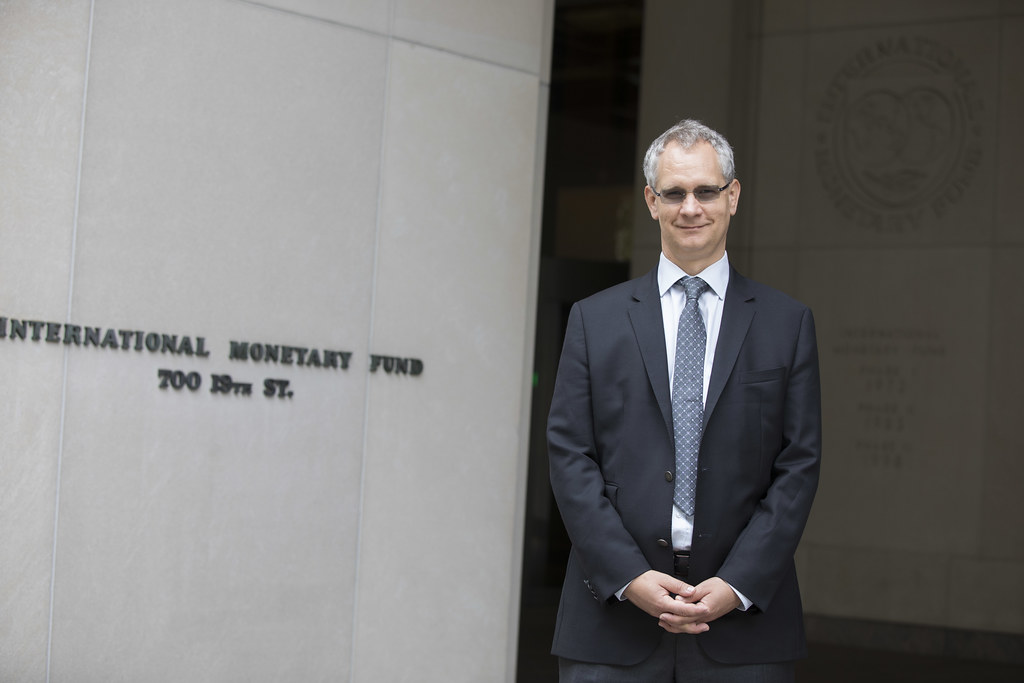
The fund stated this in a document titled, “IMF Staff Completes 2024 Article IV Mission to Nigeria” published on its website on Monday.
IMF noted that this step is crucial before addressing the costly fuel and electricity subsidies.
According to the IMF, the established social safety net programme designed to provide cash transfers to impoverished and vulnerable individuals must operate at its maximum capacity.
This approach ensures that economically vulnerable segments of the population remain protected while the government considers adjustments to the existing subsidy framework.
The recommendation comes amid concerns raised by the IMF regarding the fiscal burdens resulting from the current practice of subsidising fuel and electricity.
The statement followed a recent visit by an IMF team led by the IMF Mission Chief for Nigeria, Axel Schimmelpfennig.
The report noted that continuing to cap fuel pump prices and electricity tariffs below their recovery costs could result in Nigeria incurring fiscal expenses of up to three per cent of its Gross Domestic Product in 2024.
The statement reads, “Recent improvements in revenue collection and oil production are encouraging. Nigeria’s low revenue mobilisation constrains the government’s ability to respond to shocks and promote long-term development.
“Non-oil revenue collection improved by 0.8 per cent of GDP in 2023, helped by naira depreciation. Oil production reached 1.65m barrels per day in January as a result of enhanced security. The capping of fuel pump prices and electricity tariffs below cost recovery could have a fiscal cost of up to 3 per cent of GDP in 2024.
“The recently approved targeted social safety net programme that will provide cash transfers to vulnerable households needs to be fully implemented before the government can address costly, implicit fuel and electricity subsidies in a manner that will ensure low-income households are protected.”
During the 2024 Article IV Consultations, the IMF team engaged in discussions with key Nigerian officials in Lagos and Abuja from February 12 to February 23, 2024.





